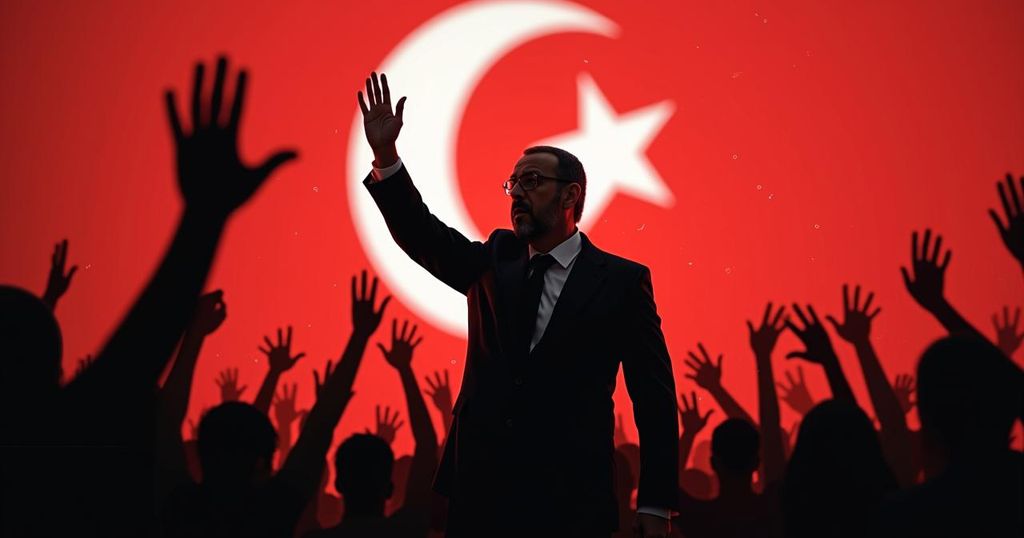The upcoming presidential election in Tunisia, set for Sunday, appears largely ceremonial as President Kais Saied seems poised for easy reelection. With prominent adversaries imprisoned and democratic processes severely undermined, many citizens doubt the election’s significance. Once a beacon of hope post-Arab Spring, Tunisia’s political landscape has devolved into autocracy, leaving citizens feeling disenchanted with their democratic aspirations.
In Tunisia, the atmosphere surrounding the upcoming presidential election is marked by a pervasive sense of inevitability regarding President Kais Saied’s reelection. With election day approaching, many citizens express skepticism about its significance due to the absence of candidate visibility, debates, and any excitement. President Saied, who has systematically consolidated power, appears unchallenged, with his main opponent incarcerated on what are alleged to be trumped-up charges, receiving a lengthy 12-year sentence. Moreover, numerous other potential candidates face similar fates, either imprisoned or under house arrest, while some have been outright disqualified from running, effectively quashing any semblance of democratic competition. More than ten years following the popular uprising that dismantled the long-standing dictatorship of Zine El-Abidine Ben Ali, which ignited the Arab Spring, the prevailing sentiment among Tunisians is one of disenchantment with democracy. The relentless actions taken against dissenters and the tightening grip of Mr. Saied over the electoral landscape underscore a decisive shift toward autocratic governance. Souhaib Fercheche, a senior campaigner at the civic watchdog I Watch, encapsulates the atmosphere of fear and division by asserting, “He’s willing to do anything it takes to stay in power — dividing Tunisians, prosecuting them, accusing them.” The hopes of Tunisians who once aspired for extensive reforms and more substantive democratic experiences after their revolution have largely evaporated, as the reality of the election underscores a barren political landscape devoid of genuine competition.
Tunisia’s journey toward democracy has been tumultuous since the 2011 revolution that removed a longstanding dictator. This revolution initially sparked optimism among Tunisians and inspired movements throughout the Arab world. However, over the past decade, the promise of democracy has eroded significantly, particularly under the leadership of Kais Saied, who came to power in a presidential election marked by widespread discontent with the existing political system. His administration has increasingly adopted autocratic measures, silencing critics and consolidating power, resulting in an environment where dissent is heavily punished and the political landscape is severely restricted. This backdrop is critical for understanding the stakes of the upcoming election and the general climate of political repression that pervades the country.
The upcoming presidential election in Tunisia appears to be a mere formality, with President Kais Saied poised for a predictable victory amidst widespread political suppression. The absence of viable opposition, characterized by the imprisonment of key rivals and the disqualification of others, exemplifies the growing autocracy that has overtaken the nation. The hope that once flourished after the Arab Spring has largely diminished, leaving many Tunisian citizens disillusioned and questioning the very essence of their democracy. As President Saied solidifies his grip on power, the prospects for genuine democratic governance remain bleak, casting a shadow on the aspirations that initially sparked a decade ago.
Original Source: www.nytimes.com






